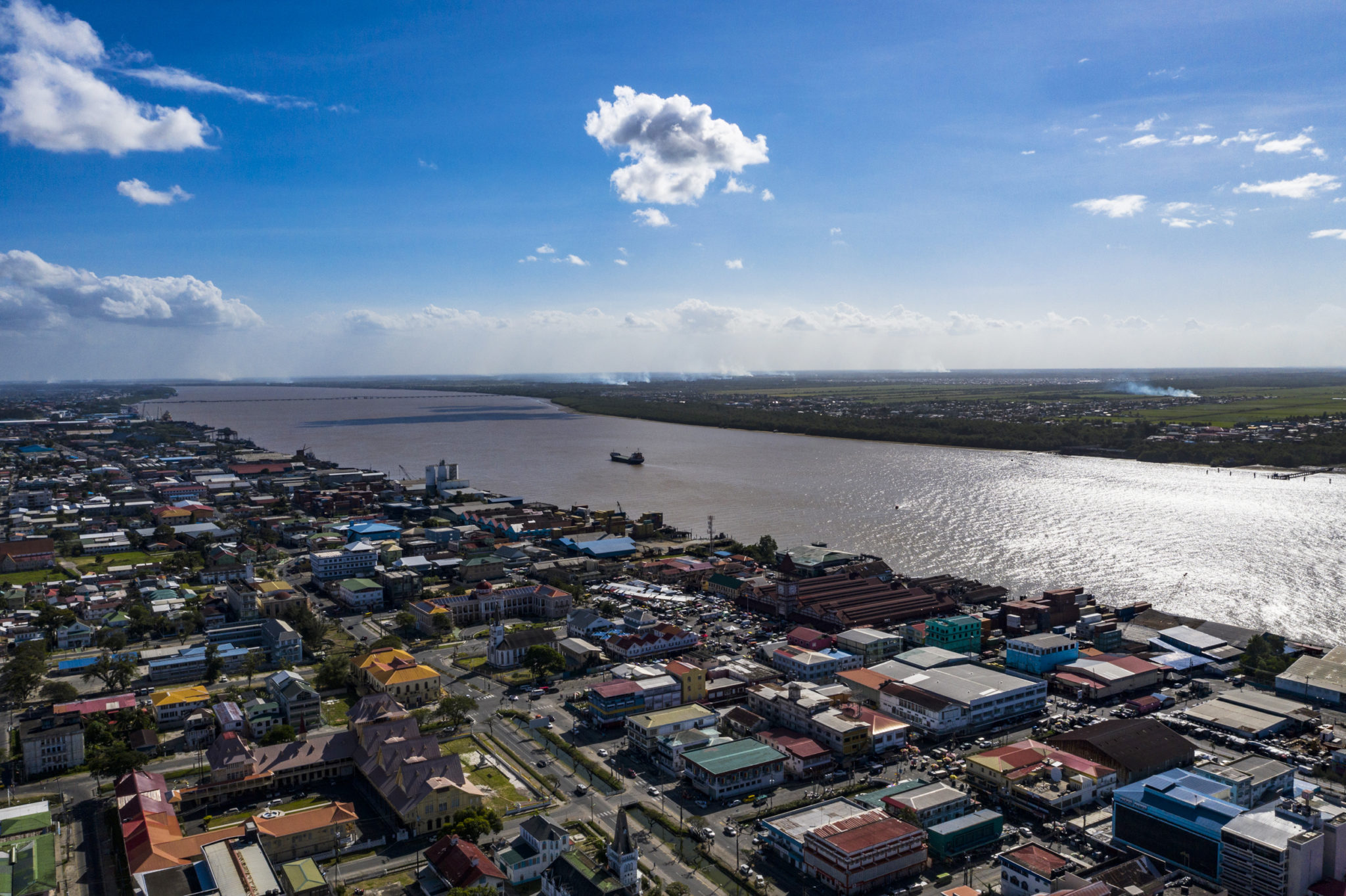Historian of oil, modern Iran, and United States foreign policy, Dr. Gregory Brew says Guyana’s quick movement up the geopolitical pecking order bears stark parallels to two other oil-rich nations when their economic booms began in the 20th century – Saudi Arabia and Venezuela.

“Venezuela, Saudi Arabia [were] fairly small countries economically, fairly small populations. But as far as their footprint… geo-economically, they became very important very quickly to the global economy because of their status as major oil exporters,” Dr. Brew said during an interview with Bloomberg.
Guyana’s oil sector grows 73.5% in first half of 2022, with 34.6 million barrels produced | OilNOW
Today, Saudi Arabia has taken up a leading role in the Organisation of Petroleum Exporting Countries (OPEC), acting as a regulator of the price of crude. Venezuela is also a member of OPEC. The Bolivarian Republic was instrumental in the formation of the now essentially defunct Union of South American Nations (UNASUR). However, Venezuela has fallen from grace, in that its economy experienced years of catastrophic collapse, with millions of refugees leaving for neighbouring countries.
In this regard, Venezuela, holder of the largest oil reserves on the planet, has been used as an example of what Guyana should try to avoid in the management of its oil wealth. Poor governance, corruption and mismanagement of oil revenues are some of the reasons often attributed to Venezuela’s downfall. Experts say even with the potential relaxing of US sanctions, it will take years for the infrastructure needed to support large-scale oil production to be restored.
Is Venezuela’s oil industry returning to its former glory? | OilNOW
Presently Guyana is producing close to 400,000 barrels of oil per day (bpd). By early 2024 this could exceed 500,000 bpd when a third project comes on stream later this year. By 2027, it will exceed 1.2 million bpd.
In addition to this trajectory, Dr. Brew noted that the proven reserves can keep expanding as more discoveries are made offshore. Guyana is currently ranked number 17 for proven reserves in the world.
Speaking about what obtains when countries come into massive oil wealth, Dr. Brew said, “Very often, the resource is controlled and dominated at an early stage by foreign capital. So, foreign companies, they are interested in developing oil. They’re not very interested in general national economic development. What they want to do is develop resources that they can produce profit from and return to their shareholders.”
He said that in addition to this, countries would have issues related to questions of corruption, governance, and concern about a lack of adequate economic development.
Guyana’s non-oil economy remains positive revenue earner alongside booming oil industry | OilNOW
The message conveyed was that there is a period before these resource-rich nations become mature in their management of the wealth, that they must make sure they set these matters straight. Because, he said, when issues of corruption and improper governance become set in stone, it becomes very difficult for governments to correct them.
A huge question that faced 20th century States, and now faces Guyana, Dr. Brew said is: “How do we manage this resource adequately on a national level while still retaining the support of foreign capital that we need to develop our industry, knowing that foreign capital may not share our same political, economic and social interests in the development of that resource?”
The scholar said that he has great interest in the role of foreign capital in instances of the phenomenon called the resource curse, and that this is something Guyana is conscious of.



